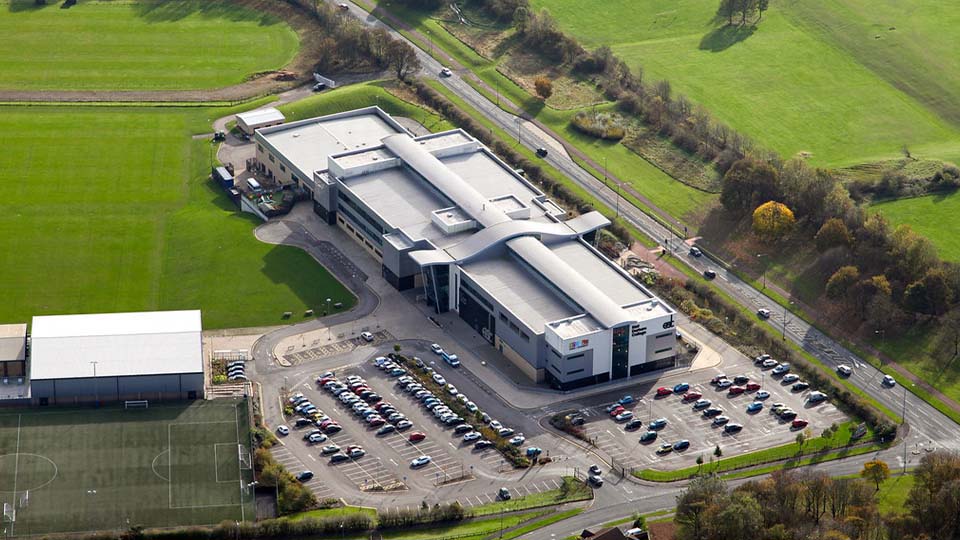Course overview
What makes someone a serial killer?
Could they have been stopped before they killed?
Studying criminology will help you to answer these questions. Learn about different types of crime, investigative techniques which are used to catch suspects and how social control is used in society to make us obey laws.
Criminology is an interesting and diverse subject which will get you thinking, make you question criminal cases in the media and help you apply information to real life situations.
The WJEC Level 3 Certificate in Criminology has been designed to provide learners with underpinning knowledge, understanding and skills to progress to further study and training. The Certificate is designed to complement study in related subjects such as A level Sociology, Law and Psychology, and provide an insight into the subject area with a view to further study or training in related subjects. It offers exciting and interesting experiences that focus learning for 16-19 year-old learners and adult learners through applied learning, i.e. through the acquisition of knowledge and understanding in purposeful contexts linked to the criminal justice system.
Topics
Unit 1 Changing Awareness of Crime
In Changing Awareness of Crime, learners develop an understanding of different types of crime, influences on perceptions of crime and why some crimes are unreported. Knowing about the wide range of different crimes and the reasons people have for not reporting such crimes provides an understanding of the complexity of behaviours and the social implications of such crimes and criminality.
Unit 2 Criminological Theories
Criminological Theories enables learners to gain an understanding of why people commit crime, drawing on what they have learned in Unit 1. Learners explore the difference between criminal behaviour and deviance and the theories behind why people commit crime.
Unit 3: Crime scene to courtroom
Learners will develop the understanding of how criminal investigations are carried out, they will explore the process and the personnel involved from the moment a crime is reported to when the suspect is prosecuted or released.
Unit 4: Crime and punishment
Learners will draw on learning from all of the previous units to develop an understanding on how and why the criminal justice system punish offenders the way that they do.
Job opportunities after this course
• Armed Services
• Crime Scene Investigation
• Criminology
• Criminal Psychology
• Forensics
• Law
• Police
• Psychology
• Sociology
• Social Work
Further study options after this course
Most students go on to study Law, Criminology, Forensics, Sociology or Psychology at university after completing this course.
Entry requirements
Minimum of 5 GCSE at grade A-C (9-4) including Maths and English
Our entry requirements are in place to support our students in achieving the qualifications they have chosen to study. In addition to the entry requirements, all students will be regularly assessed by East Durham College at an early stage in their study programme. This is to ensure that students are enrolled onto courses which suit their abilities – following assessment, there may be occasions when students are transferred to a relevant course at a higher or lower level in order to ensure they are enrolled on to the right course for them to achieve and progress.
Entry onto any course at EDC may have entry requirements in addition to exam results; this includes but is not limited to DBS checks, references, fitness to practice and at times physical requirements to be capable of achieving the practical elements of the course without assistance. Entry onto any course at East Durham College is subject to final approval from the Assistant Principal.
How is this course assessed?
Criminology is assessed throughout the two years. In year one you will be assessed through a controlled assessment in the December in relation to unit 1, this is an 8-hour assessment, and it is spread over a couple of weeks. Then you will be assessed on Criminological theories which is assessed by an external exam in May.
In year two of the course, you will be assessed through a controlled assessment, this is again an 8- hour assessment, and it is spread over a couple of weeks.
When does the course start?
September 2025
Length of course
2 years. Full time with additional A Levels.
Fees & Funding
Please read our Course Fees & Funding page.How to apply
To apply online for this course, please click on the 'Apply' button at the top/bottom of this page.
Alternatively, if you need assistance with your application or you would like to apply over the phone or using a paper-based application form, please call Student Services on 0191 743 0149.
If you're not quite ready to apply for this course and would like some more information or to speak to a member of staff then please click on the 'Enquire' button at the top/bottom of this page.




